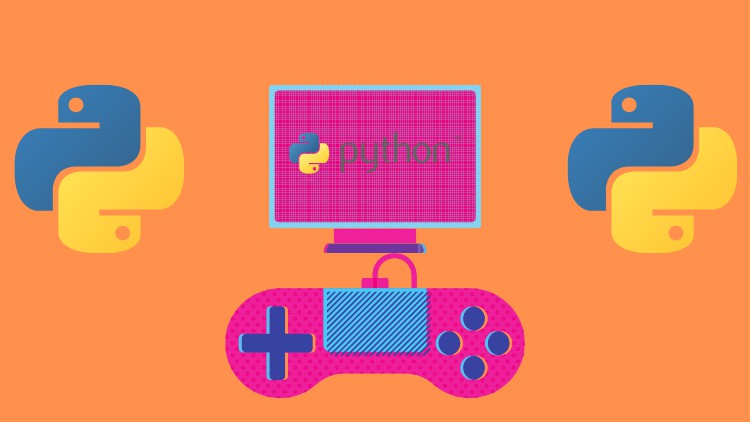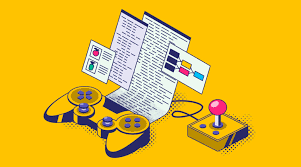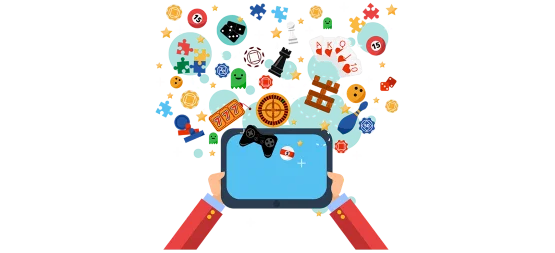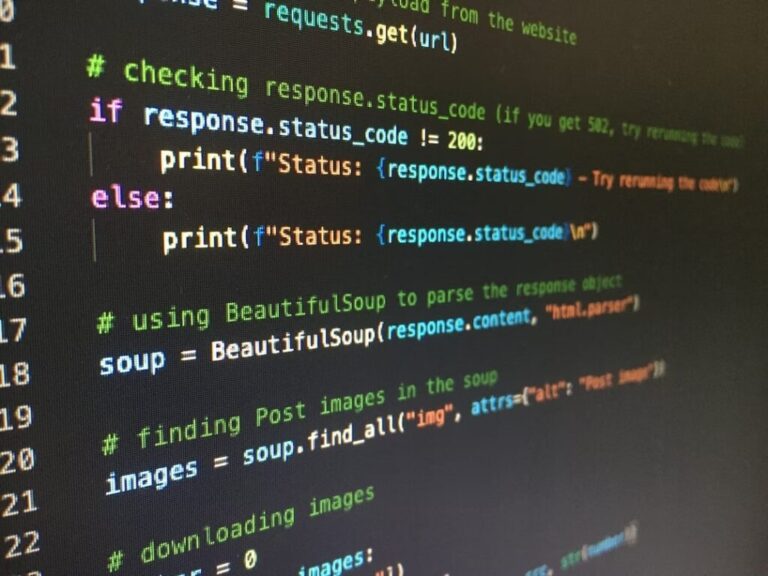Python in Game Development: Scripting Versatility and Beyond
Python, known for its simplicity, readability, and versatility, has found its place in the realm of game development. In this article, we’ll explore how Python’s scripting capabilities are being utilized in various aspects of game development and why it’s becoming an increasingly popular choice among developers.

Read about also: JavaScript: Transforming Game Development with Web-Based Gaming.
AI Programming
One of Python’s strengths in game development lies in AI programming. Python’s straightforward syntax and extensive libraries, such as TensorFlow and PyTorch, make it well-suited for implementing sophisticated AI algorithms. Game developers can leverage Python to create intelligent NPCs, adaptive enemy behavior, and dynamic game environments that respond intelligently to player actions. Python’s flexibility allows developers to experiment with different AI techniques and algorithms, enabling them to create more immersive and challenging gaming experiences.
Tool Development
Python’s versatility extends beyond gameplay programming to tool development. Many game studios use Python to create custom tools and pipelines for game asset management, level design, and automated testing. Python’s ease of integration with other technologies and its robust libraries, such as PyQt and PySide, make it an ideal choice for developing user-friendly and efficient tools tailored to specific development workflows. By automating repetitive tasks and streamlining workflows, Python-powered tools can significantly enhance productivity and collaboration among game development teams.
Rapid Prototyping
Python’s simplicity and rapid development cycle make it well-suited for rapid prototyping in game development. With libraries like Pygame and Panda3D, developers can quickly create prototypes to test game mechanics, experiment with ideas, and validate gameplay concepts. Python’s interpreted nature allows developers to iterate rapidly on their code without the need for lengthy compilation times, enabling them to refine their ideas and iterate on gameplay mechanics more efficiently. Rapid prototyping with Python accelerates the game development process and facilitates creative exploration, ultimately leading to more polished and innovative games.
Indie Game Development
Python’s accessibility and low barrier to entry make it a popular choice among indie game developers. Indie developers often work with limited resources and tight schedules, and Python’s simplicity allows them to focus more on game design and creativity rather than wrestling with complex programming concepts. Frameworks like Pygame provide indie developers with the tools they need to create 2D games quickly and efficiently, while Python’s integration with other technologies, such as Blender for 3D modeling and animation, further expands its potential for indie game development.

Conclusion
Python’s versatility and simplicity make it a valuable asset in game development, particularly for AI programming, tool development, rapid prototyping, and indie game development. Its extensive libraries, user-friendly syntax, and rapid development cycle empower developers to create innovative and immersive gaming experiences with ease. As Python continues to gain traction in the gaming industry, we can expect to see even more creative applications of this versatile language in the future.







